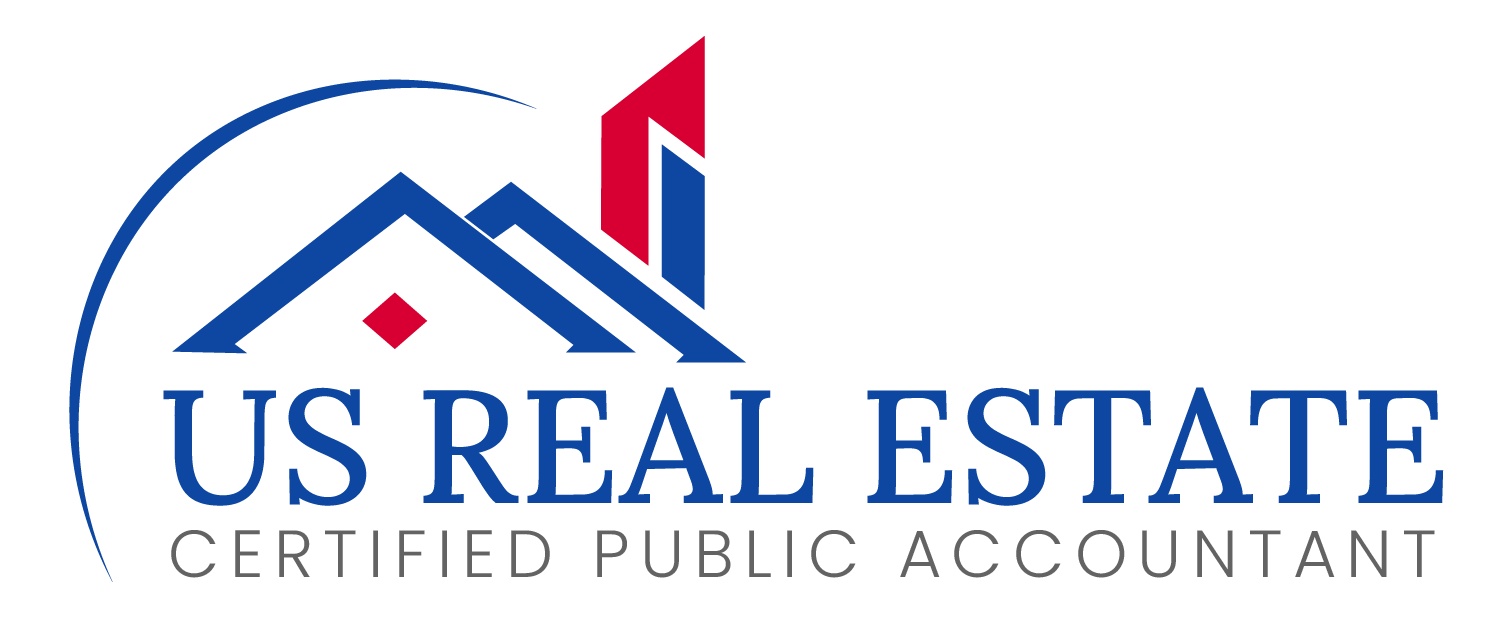
Materially Participate in a Rental Property: Tax Benefits and Pitfalls
Managing rental properties offers tax perks, especially if you’re actively involved in the day-to-day management, also known as “material participation.” But what exactly does that mean, and what are the benefits and risks?
Here’s an in-depth guide for U.S. property owners.
What Does “Materially Participate” Mean?
Material participation means you’re actively involved in managing your rental property rather than just being a passive owner. The IRS has specific rules to determine if your involvement counts as material participation. Meeting those rules can help you qualify for more tax benefits.
Key Actions That Count as Material Participation:
- Being responsible for day-to-day operations like handling tenants or coordinating repairs.
- Spending a significant amount of time on the property, typically 500 hours or more per year.
- Making most of the management decisions like setting rental prices, approving tenants, and maintaining the property.
Why Material Participation Matters: The Tax Benefits
When you materially participate, you may qualify for extra tax benefits if your rental property has losses. Here’s why it can be a good thing:
- Claim Rental Losses – If your rental property expenses (like mortgage interest, repairs, and maintenance) are higher than the income, you have a rental loss. If you materially participate, you may be able to deduct these losses from other income such as wages or business income. This can lower your taxable income and reduce the amount of tax you owe.
- Avoid Passive Loss Limits – Normally, rental activities are considered “passive,” meaning they come with restrictions on deducting losses. However, if you meet material participation requirements, these limits may not apply, making it easier to use rental losses to offset other income.
- Self-Employment Tax Savings – Unlike regular businesses, rental income is usually not subject to self-employment tax (15.3%). So, if you materially participate, you get business-like benefits without the self-employment tax.

How to Prove Material Participation
The IRS requires proof that you materially participated, so keeping good records is important.
Tips for Proving Material Participation:
- Log Your Hours – Track the time spent on managing the property. A simple logbook or digital time tracker can work well.
- Save Relevant Documents – Keep records of emails, receipts, repair invoices, and any other documentation that shows your involvement.
- Organize Financial Records – Separate property expenses like utilities, supplies, and travel expenses related to property management.
Common Pitfalls of Material Participation
While material participation brings tax benefits, there are a few downsides to keep in mind:
- Time Commitment – Meeting the material participation requirements can be time-consuming. You’ll need to spend a lot of time managing the property yourself, which may be challenging if you own multiple properties or have a busy schedule.
- Audit Risk – Rental activities that generate significant deductions may catch the IRS’s attention. If you claim large deductions because of material participation, there’s a slightly higher chance of being audited, so it’s essential to keep solid records.
- No “Passive Activity Loss” Carryovers – If you have passive losses from other properties or investments, they may not be used to offset active income if you’re materially participating in your rental property.
Situations Where Material Participation May Not Be Worthwhile
Material participation isn’t always the best option for everyone. Consider these factors:
- Higher Income Limits – If you’re in a high tax bracket, the tax benefits might not be as valuable since certain deductions phase out with higher incomes.
- Low-Activity Rentals – If your rental property requires minimal management, it may not make sense to try to meet the material participation requirements. Hiring a property manager and treating the income as passive might be simpler and just as effective.
Getting Professional Help
Tax laws around real estate can be complex. Consulting with a tax professional who understands real estate can help you determine if material participation is right for you. They can guide you on how to meet requirements and maximize deductions while minimizing risk.
Conclusion
Being actively involved in managing rental properties can help you get tax benefits, like claiming rental losses, bypassing restrictions on passive losses, and lowering taxable income. However, it takes a lot of time and good record-keeping. Knowing the benefits and risks—and consulting a tax expert—can help you make better choices and manage your investments more wisely.



